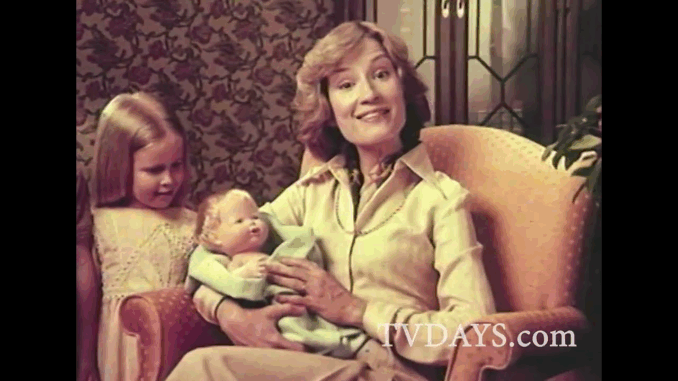
How Norman Lear Changed Television Forever
With sitcoms like All in the Family, The Jeffersons, and Maude, Le
Norman Lear was a man of modest physical stature, standing a trim 5’7″ on a good day. In terms of his impact on television — comedy primarily, but the medium as a whole — he was a giant, who belongs on any Mt. Rushmore of showrunners. He dominated an entire decade of TV like no one before or since, with hit after hit that expanded the boundaries of what could be done with the old-fashioned multi-camera sitcom format (shot on a stage in front of a studio audience), and what kinds of stories and characters audiences would accept.
Here are five classics — four from Lear’s Seventies peak, and one much more recent — that illustrate the impact and genius he brought.
5. Good Times (CBS, 1974-79)
There are more consistent Lear comedies than this, like Sanford and Son. There are more audacious ones, like soap opera parody Mary Hartman, Mary Hartman, and its talk show spinoffs Fernwood Tonight and America 2 Night. And Good Times is a show that was riddled with behind-the-scenes turmoil, as original stars John Amos and Esther Rolle eventually left because they didn’t appreciate what was meant to be a grounded, topical comedy being transformed into a showcase for the broad antics of younger co-star Jimmy Walker. Yet for all that backstage drama, and all the wild swings in tone and quality, the peak of Good Times — a Maude spin-off about a Black family barely keeping their heads above water in a Chicago housing project — stacks up against the best of what Lear did with these other shows. The series found thoughtful and funny ways to examine systematic prejudice, like youngest son Michael (Ralph Carter) pointing out that a school aptitude test is filled with questions geared to the experiences of more well-to-do white people. And it could lean into straight drama, like a later arc where the Evans family took in their neighbor Penny (a young Janet Jackson) after her mother physically abused her. Yes, the audiences came to hear Walker shout his “Dyno-mite!” catchphrase. But they frequently got something much smarter and deeper surrounding that.

